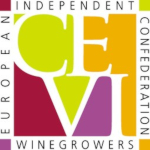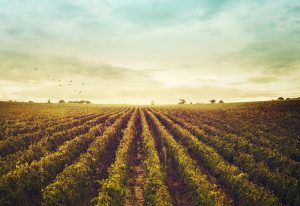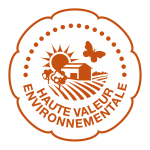European Independent Winegrowers are closely monitoring the ongoing renewal of approval of copper compounds.
Both in traditional and organic farming, winegrowers are obliged to use copper to prevent certain fungal diseases rather than using synthetic pesticides. Copper is primarily used in vineyards to control downy mildew (Plasmopara viticola). This pathogen is responsible for major grape/production losses. However, CEVI is perfectly aware that a change of mindset among winegrowers is required, along with long-term commitments and scientific researches to building sustainable, diversified, and equitably wine production systems.
Independent winegrowers recognize that an excessive use of copper could lead to harmful effects on soil micro-organism, fauna and groundwater. That is why, our members, already move toward a more sustainable viticulture, based on the deployment of different solutions aiming at decrease the use of copper in the vineyard. Despite this, the alternatives to copper available today have proved to be only partially effective or not yet applicable. For instance, the introduction of resistant varieties implies a change in DOP regulation, which will take years. Prophylactic measures based on prevention and/or natural products (essential oils) based on the natural stimulation of plants defenses’ have proved little results to cope with these diseases.
If the copper compounds will not be renewed, there will be a double consequence. Organic wine production will simply disappear: as copper is the only fungicides (sulfur is the other one) allowed coping with mildew. On the other side, as copper is used as well in traditional farming, there is a real and impending risk: farmers could turn to many hazardous substances for human health and environment.






